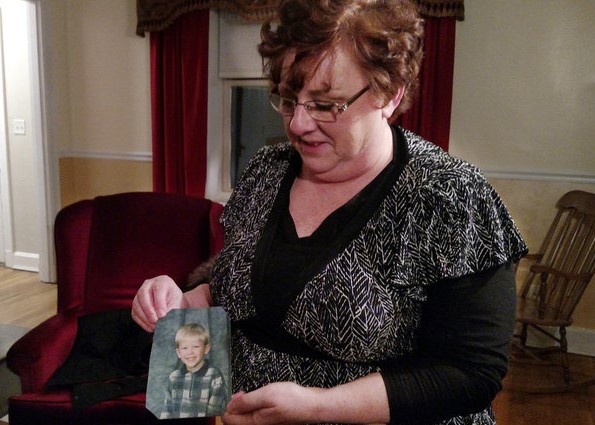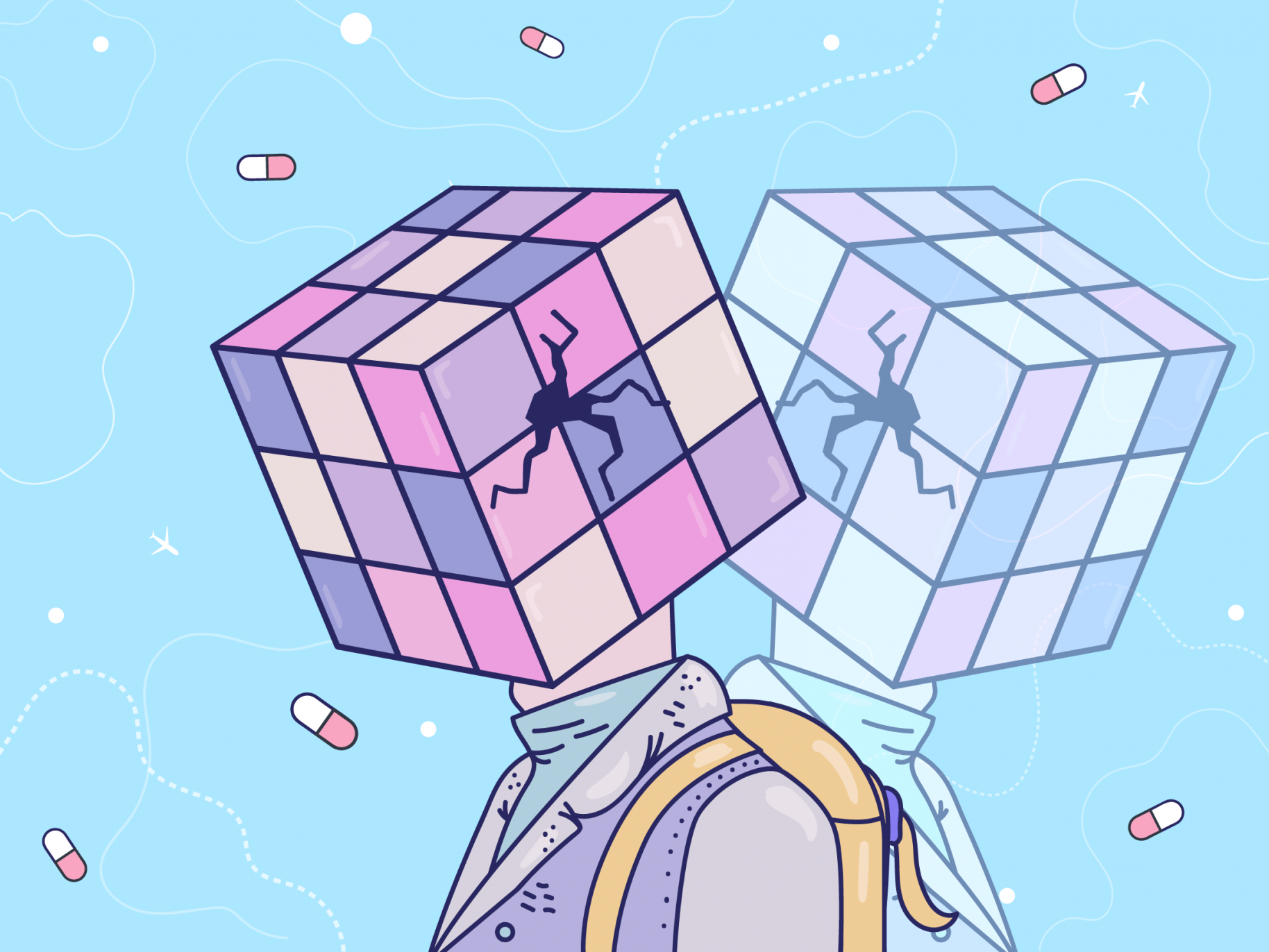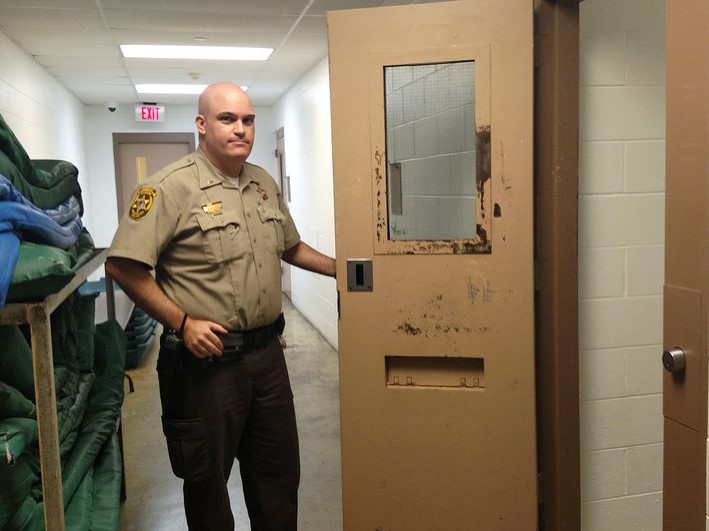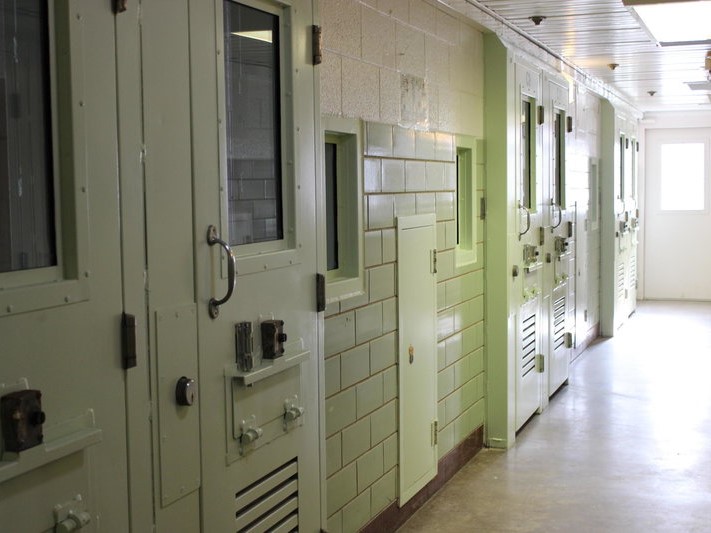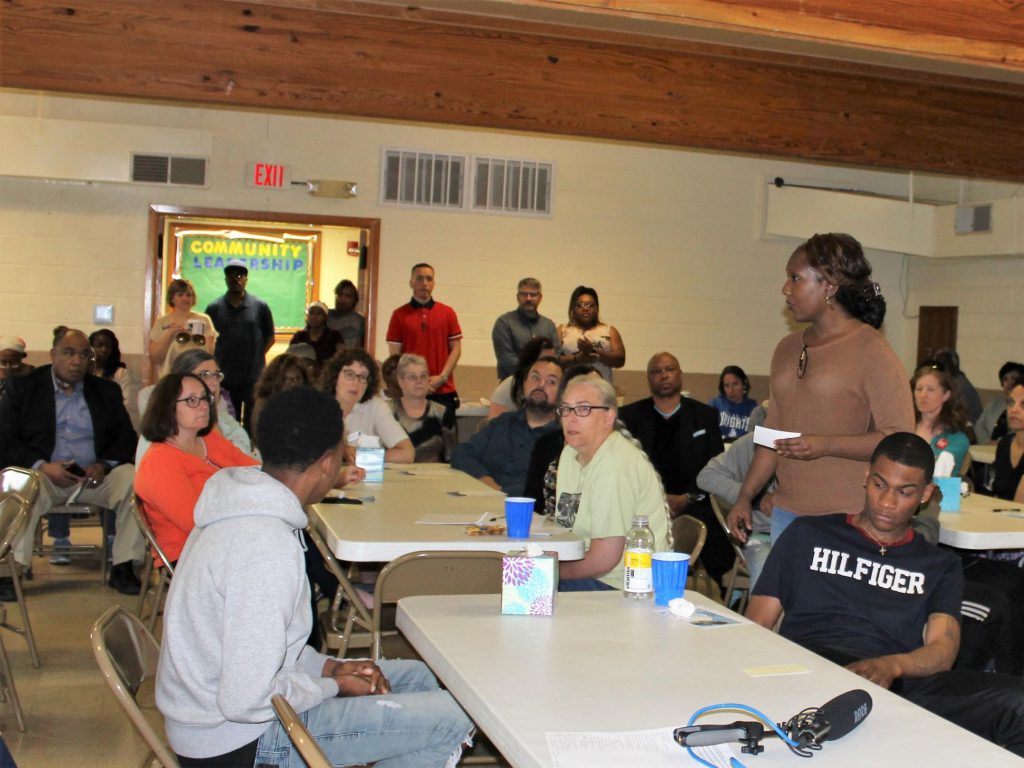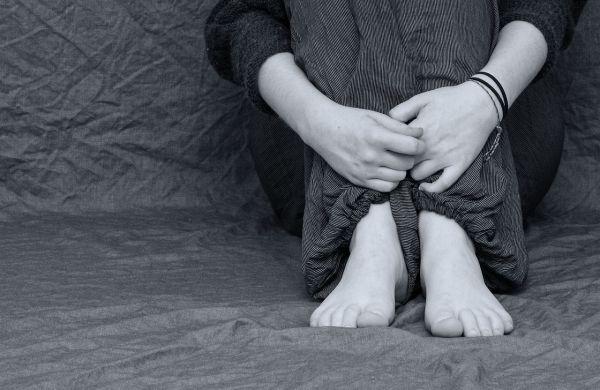When a person with mental illness can’t get the help they need, the consequences can be dire. Advocates say decades of inadequate funding for services has chipped away at the entire mental health system, making it difficult for people to find the right treatments at the right time.
For some, their condition may deteriorate to the point of needless and repeated hospitalization. Others end up in the criminal justice system, which houses an estimated half a million people with serious mental illness in the U.S.
This ongoing series on mental health takes an in-depth look at the scope of the problems with a look toward solutions.
State records show that dozens of children enter state custody in order to access mental health treatment, despite a 2015 state law aimed at preventing it. And new data collected by the University of Maryland for the federal government finds Illinois is not alone at failing to address this issue.
Roughly 4 million adults living in the U.S. without legal status are uninsured. The stakes are high for people who are undocumented and unable to access treatment, because that can lead to unlawful behavior—such as violent outbursts during a schizophrenic episode. And criminal convictions increase a person’s risk of deportation.
In recent years, county jails across the nation have taken steps to try to keep inmates with mental illness from coming back. One approach involves stepping up mental health screening, coupled with efforts to get inmates plugged into community-based treatment after they are released. Such efforts require often-unprecedented collaboration between those on the front lines of mental health and criminal justice.
“You’re looking at the population of a state psychiatric hospital,” says Dr. Stuart Grassian is a psychiatrist who spent 25 years at Harvard studying how the conditions in solitary confinement cause harm — especially for people who are mentally ill. “They’re not the worst of the worst. They’re the sickest of the sick; the wretched of the Earth. Maybe they weren’t even that bad before they got in, and they just get worse and worse. It’s a tragedy — absolutely immoral — to see that happen to people.”
Losing a loved one to gun violence can cause anxiety, stress and other mental health symptoms. So can simply living in an environment where violence is common.
But experts say early intervention and support can help prevent some of those negative, long-term consequences. In some U.S. cities, officials are taking a fresh look at gun violence, and treating it as a public health issue. That means examining how the trauma can impact entire communities and lead to mental health problems.
An Illinois Senate bill aims to help children who are at risk of entering state custody because of issues caused by untreated mental illness. The measure comes as states grapple with ways to help parents who face a heartbreaking choice: giving up custody to obtain expensive treatment for a child.

